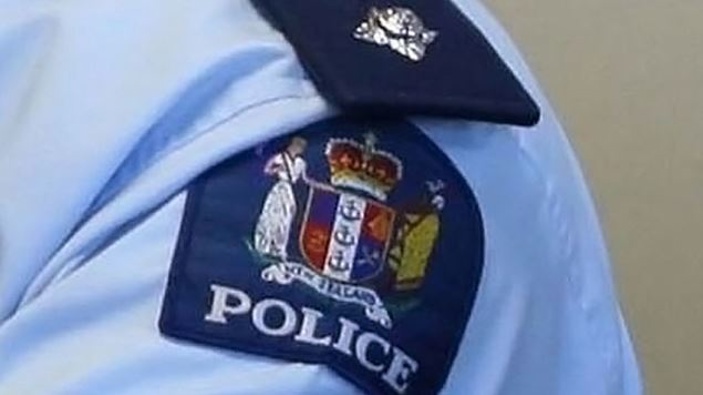Follow
the podcast on


I’ve surprised myself a little bit with my reaction to the news the police are looking at introducing body cameras.
Generally, I’m all for it. But the civil liberties people have raised some very good points about them being misused.
One example they’re giving is the potential for the cameras to be combined with facial recognition technology. Which I'm torn on, after finding out about facial recognition being used at the Richmond Club, in Christchurch, to keep an eye on people using the pokie machines.
They're are asking how we're going to know - once police start wearing body cameras - when an officer is filming and when they’re not.
Is there a chance, for example, that you or I might be walking down the street and get filmed by the cops walking towards us?
Which is why the head of New Zealand’s civil liberties council is saying that there needs to be robust policies in place before any officer starts going around the place wearing one of these things.
The bit Thomas Beagle is concerned about most, is the lines between body cameras and facial recognition getting blurred.
He’s saying: “Suddenly, it turns footage into data of who was where, what their names are, and what they were doing. In a way, that’s really quite worrying and can be put together to build up the surveillance society.”
So he wants clear, robust policies in place. Policies which make it clear, for example, who will be able to access any footage captured on the body cameras.
He says if we’re going to bring-in body cameras, we may need to look at the idea of having someone independent deciding when footage is released and who it’s released to.
He reckons that could be a job for the Independent Police Conduct Authority, making the very good point that the cameras not only need to serve the police well - but they also need to serve the public well.
And that’s the bit that has probably surprised me a bit. That I’m not as holus-bolus enthusiastic about police body cameras as maybe I expected myself to be.
The civil liberties people are spot on - referring to cases overseas where police have refused to release body camera footage when officers have been accused of things like misconduct.
I’ve also been reading a BBC report which talks about other ways these things have been misused. Or abused.
It reports more than 150 examples of camera misuse by police in England and Wales.
For example, officers turning the cameras off when they’ve been dealing forcefully with someone. Giving someone the old heave-ho. You know: “I’ll just turn this thing off for a minute while we give this turkey what he deserves.”
The BBC has also discovered cases where police have deleted footage and even shared footage with other officers on WhatsApp.
But, before you think I’ve gone totally civil liberties on it - I’m all for the police wearing body cameras.
For many reasons. For starters - it’s crazy that security officers and parking wardens can wear them, but police can’t.
And, even though there are a truckload of examples of these cameras being misused, you could say the same about any bad police behaviour.
There are dodgy cops everywhere - but that doesn’t mean we get rid of the police.
And, as police commissioner Richard Chambers is saying today, New Zealand is one of the few countries not using them.
He says body cameras are great for gathering evidence and they’re great for keeping staff safe.
So he’s going to have people working on options over the next 12 months and, hopefully, by that time - they’ll be ready to press go.
I see Chris Cahill from the police association is a bit worried about the cost.
He’s saying that some countries are getting rid of them because of how much it costs to store the footage.
And, not surprisingly, he doesn’t want to see the spending on body cameras meaning there’s less money to be spent on frontline officers and police vehicles.
He says: “It isn’t the game changer that we thought it might be, but it has certainly got significant benefits and many officers in Australia don’t want to deploy without it.”
But all up, when I consider what Chris Cahill is saying about the cameras not being the silver bullet and the many cases overseas of these things being misused, I still think is a great move by the police commissioner.
LISTEN ABOVE
Take your Radio, Podcasts and Music with you









